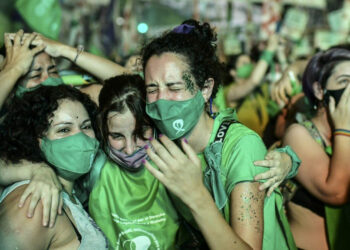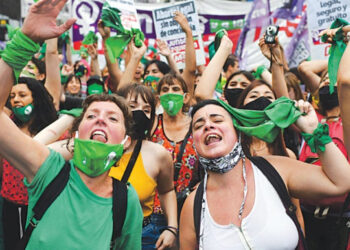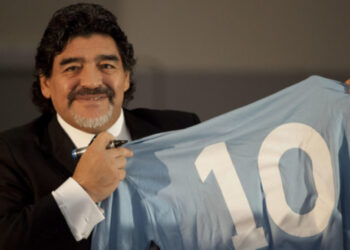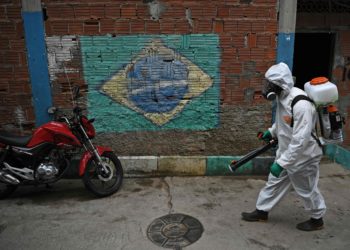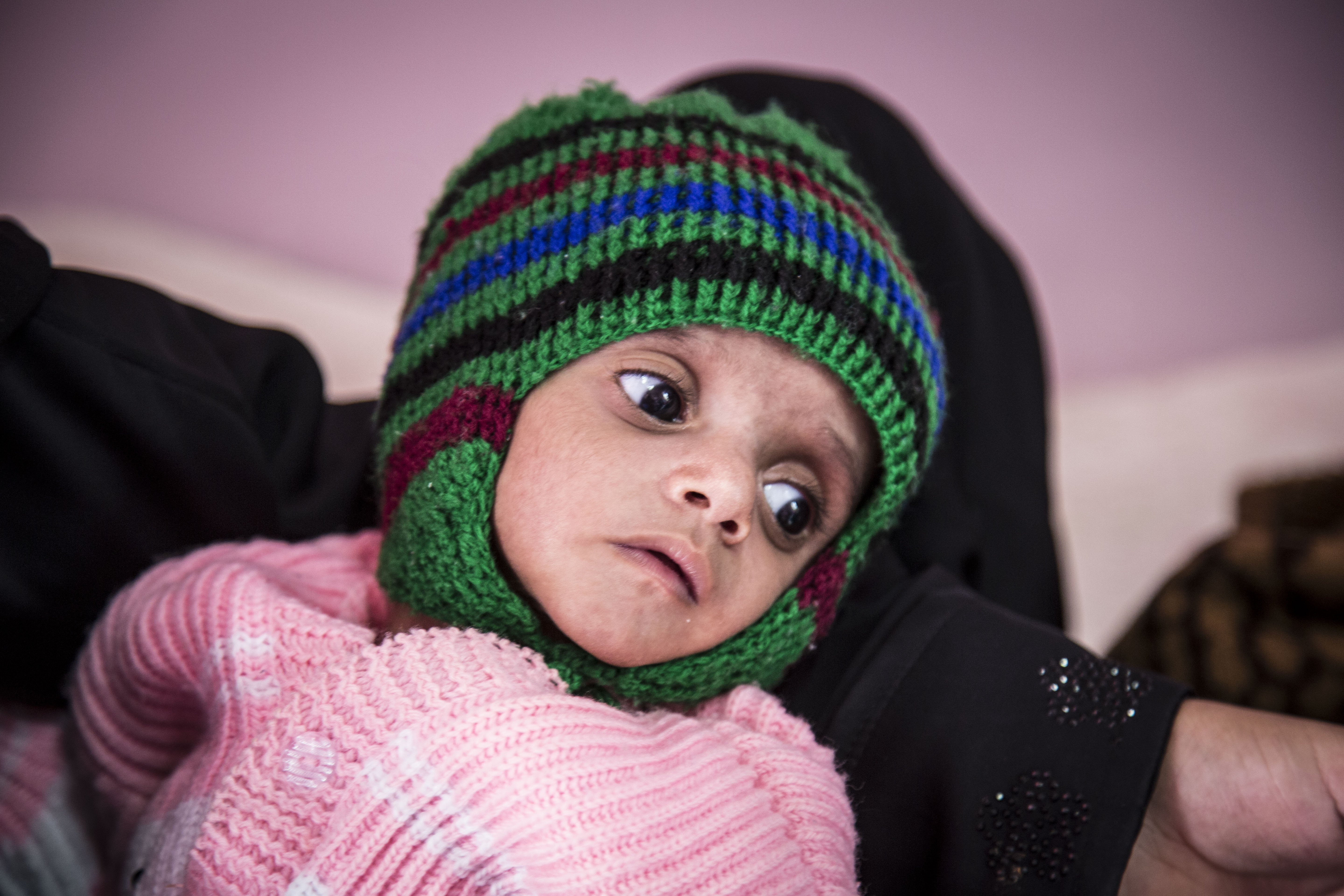Poverty in Argentina grew to a staggering 32 percent in 2018, a 6.3 point increase from the previous year. The rate is even higher among children, with 46.8 percent of youth under 14 living below the poverty line. The rise, sharp by both historical and international standards, is troubling news for the South American nation, but also for President Mauricio Macri, who in 2015 ran on a campaign of “zero poverty.”
Macri’s dismal performance on the social front was further underscored by an April report showing that multi-dimensional poverty – gauging deprivation of basic needs such as food and water, health care, housing, education, and employment – also proliferated during 2018, reaching 31.3 percent of the population, a 4.7 point increase in just one year.
The decrease in access to these essentials points to how Argentina’s existing social policy network has helped protect vulnerable citizens, but also how policy reforms undertaken by the Macri administration have whittled away at the welfare state, contributing to growing poverty.
Argentina’s Recession and Inflation
Argentina entered into recession in 2018 while also witnessing record inflation. The consumer price index grew by 47.6 percent, arguably the highest rate on record since 1991. Meanwhile, the Argentine peso devalued precipitously over the past year, losing half of its value.
https://twitter.com/telesurenglish/status/1095669093355659264?ref_src=twsrc%5Etfw%7Ctwcamp%5Etweetembed%7Ctwterm%5E1095669093355659264&ref_url=https%3A%2F%2Fwww.telesurenglish.net%2Fnews%2FInflation-Rate-Reaches-49.3-in-Argentina-Highest-Since-1991-20190214-0017.html
The combination of rising prices and a weakened currency has proven disastrous for low-income families, whose take-home pay has declined in value, while the prices of products such as fruit and vegetables have risen. All of this helps explain food deprivation during 2018 and the growing importance of communal soup kitchens.
Blame Game
The Macri administration maintains that the country’s economic difficulties are the result of unsustainable spending undertaken during the previous administrations of Presidents Néstor Kircher (2003-2007) and Cristina Fernández de Kirchner (2007-2015). Economists and public policy experts, however, note that President Macri has failed to address the currency crisis adequately and has engaged in social policy reforms that have exacerbated the situation.
Moreover, the government’s October 2018 agreement with the International Monetary Fund (IMF), which imposes strict limits on social spending, points to the president’s lackluster commitment to protecting public services and income transfers. The terms of the 58 billion dollar loan, the largest in IMF history, caps expansion in social spending to 0.3 percent of GDP.
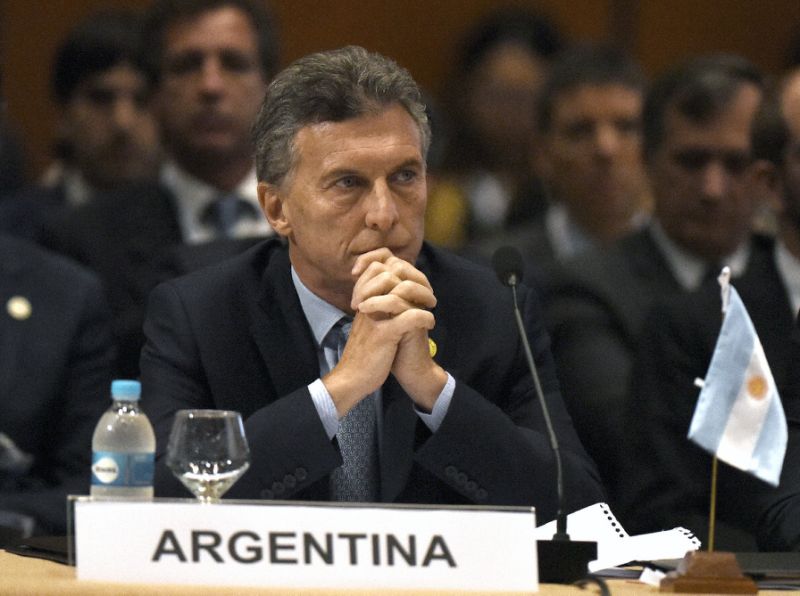
The cap on public spending is troubling since the multi-dimensional poverty index suggests that Argentina’s welfare state has provided crucial support to society’s most vulnerable, but that nonetheless, declining access to health, social security, and employment have driven the recent poverty increase. This underscores the relationship between Macri’s social policy reforms, budget priorities, and worsening social conditions.
In 2017, Marci’s center-right administration passed a pension reform that reduced growth in benefit values. The new scheme affected around 17 million people, including pensioners and recipients of family allowances. It generated 30 billion dollars of saving for the state but increased the vulnerability of pensioners and low-income households.
A 2018 Supreme Court ruling found that some elements of the reform violate the constitution because it fails to protect the rights of the country’s most vulnerable citizens. The administration has pushed forward on other fronts, however; tightening eligibility criteria for disability pensions.
Macri’s Empty Promises
The Macri administration’s poor record on poverty and social policy could become a point of debate in this year’s presidential election. Macri’s victory in 2015 ushered in a new era for Argentina where parties of the right had never triumphed before. Macri won in a second-round run-off by a narrow 3 point margin, defeating a weakened opposition.
As the race tightened, Macri and his party Propuesta Republicana (PRO) went to great lengths to stress their moderate stance on issues of social policy and poverty, charting out what some argued was a “new right” approach to social development. The candidate promised to maintain popular programs undertaken by the previous president, most notably the Universal Child Allowance conditional cash transfer.
President Macri’s time in office, however, has revealed that the PRO’s moderate pitch was misleading and the administration has shifted its rhetoric on social policy.
While the party has not overtly retrenched social programs, they have dismantled benefits through a process known as policy drift. Retrenchment via policy drift occurs when politicians scale back benefits and program coverage in under-the-radar ways. In Argentina, this has happened by adjusting benefits at a lower rate than inflation and by maintaining social spending levels from one year to the next, despite growing demand.
Social and Human Cost of Poverty
These instances of policy drift have chipped away at Argentines’ social rights and contributed to growth in poverty. The social and human costs of this poverty and the devastating effects of deprivation for long-term human development loom large in Argentina.
As President Macri heads into his re-election campaign, his social policy record should be a central issue of debate. Macri’s job approval is low, but the president has so far faced weak social conflict by Argentine standards. Onlookers note that Macri’s ability to weather the storm has been buoyed by the generous social policies put in place by the center-left governments that preceded him.
The president’s adjustment policies have reduced benefit size, but the programs continue to exist, providing just enough support to maintain social peace. Moreover, the opposition Peronist party remains deeply divided, with multiple factions vying for the nomination.
Upcoming Elections
All of this complicates the ability of progressive groups to politicize Argentina’s growing poverty, redistribution, and social policy. It also points to the possibility of an electoral contest between two generally unpopular candidates; a trend recently witnessed in several other democracies with troubling results.
The outcome of October’s election will likely ride on the street politics of unions and social organizations, as well as on the ability of the Peronist party to overcome internal divisions.
Whatever the result, the next president will face a complicated economic scenario, a weakened welfare state, and growing demands for redistribution.
Disclaimer: The views and opinions expressed here are those of the author and do not necessarily reflect the editorial position of The Globe Post.




